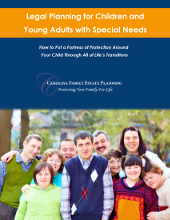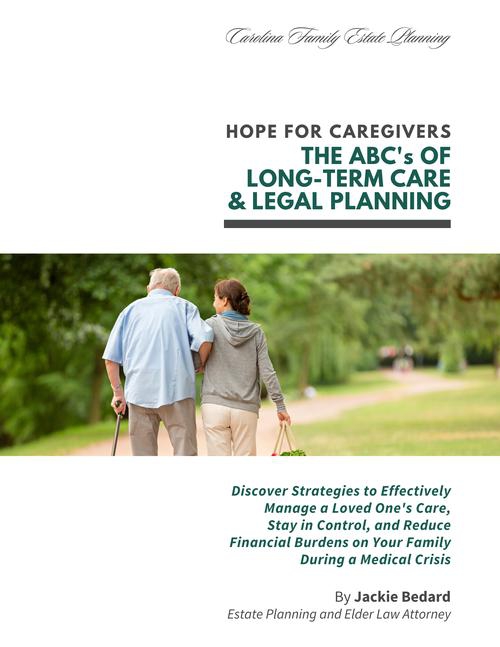In 2021, 401,293 Americans filed for bankruptcy. For many families, bankruptcy is the only way to break free from the mountain of debt that constantly rests on their shoulders. Of course, that’s not to say this decision is ever taken lightly by those who file, as the consequences of bankruptcy are long-lasting, can affect a family for generations, and can be especially severe—particularly if you stand to inherit money.

Can a bankruptcy trustee take my inheritance?
Let’s say, for example, a family member passes away and leaves you a cash gift in their will or trust. On the surface, it seems like this would be a much-needed and timely relief for a family going through bankruptcy. However, Federal bankruptcy rules declare that if you inherit money from a person who dies within 180 days of the date you filed for bankruptcy, you must tell the courts. In simple terms, that means the inheritance now becomes a part of your bankruptcy estate and will be distributed to your creditors as the courts see fit.
What if my inheritance is something besides cash?
The 180-day rule also applies to items that you may inherit such as cars, jewelry, or furniture. All of these items are subject to the administration of the bankruptcy estate. However, this doesn’t mean that items like this are certain to go up on the auction block. You can claim the exclusion on certain things and the bankruptcy trustee has a certain amount of discretion in choosing what to liquidate. However, it can be extremely stressful to think about a family heirloom that has been in your family for years going to your creditors.
Is there any way to protect an inheritance if I need to file for bankruptcy?
An experienced estate planning attorney can help establish an estate plan that includes protections for bankruptcy. Ideally, you would be advised to set up an asset protection or spendthrift trust so that any inheritance passed down to family members would be out of reach from creditors and the courts. If you did not, and have not filed for bankruptcy yet, this may still be an option if you’re willing to have your plan looked at by a qualified estate planning attorney.
Planning to avoid giving your hard-earned wealth to creditors is not illegal or immoral either. You should think of it the same way you would when considering tax planning. Tax planning is fine, but tax evasion is not. The difference is whether you play by the rules and are honest. For example, not telling the courts you received an inheritance is illegal and you could face serious consequences. However, you are not skirting the rules if you are the recipient of a trust with bankruptcy protections. That wasn’t your choice.
How can I protect my inheritance or the inheritance I leave for my loved ones?
Do not take a chance with your estate planning! Even if you do not think bankruptcy could affect you or a loved one, there is always the chance of something happening down the road. If you or a loved one would like assistance in developing an estate plan that includes protection against bankruptcy and creditors, please contact our office at 919-443-3035 or schedule a free needs-assessment call via our website.








